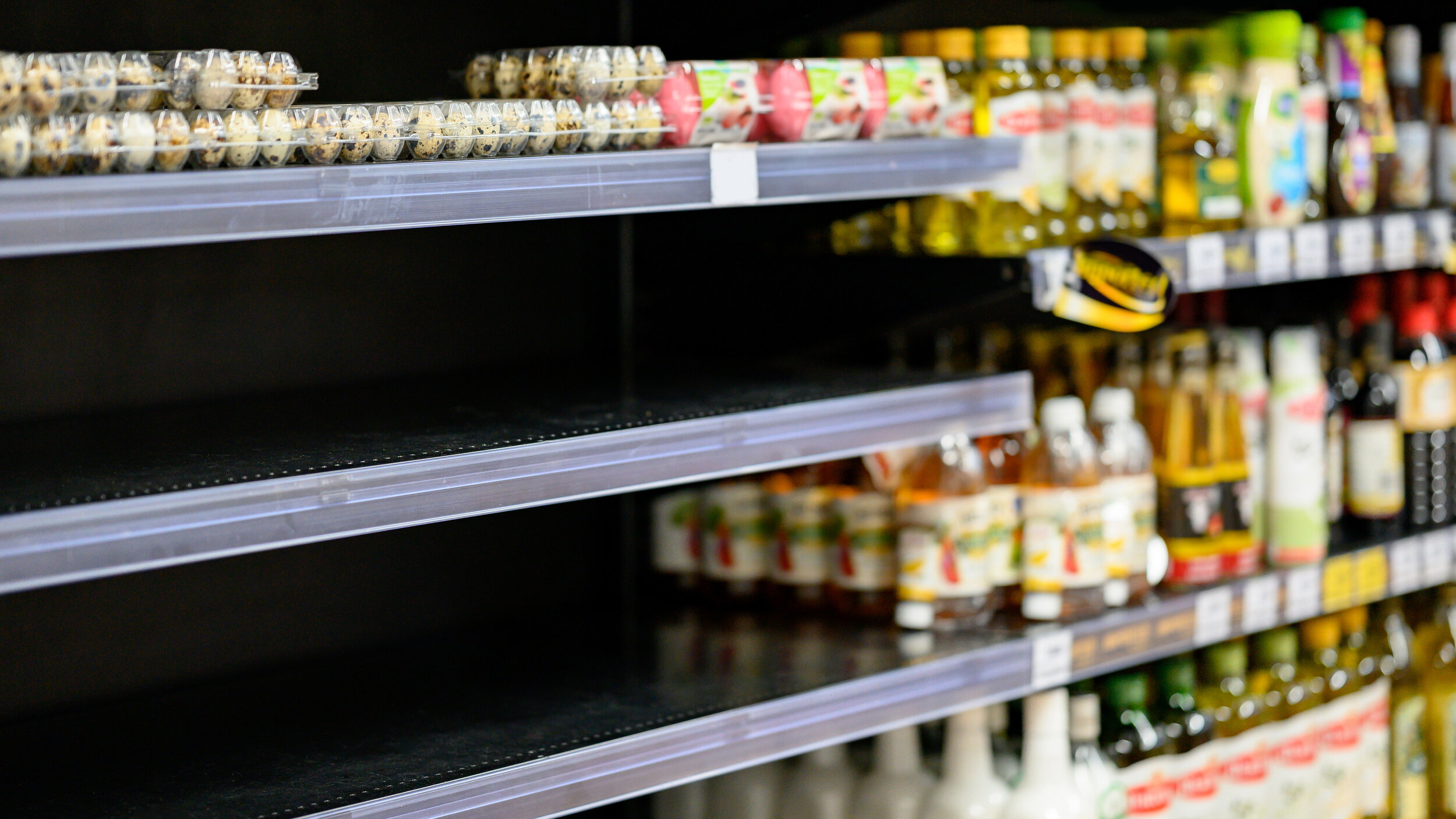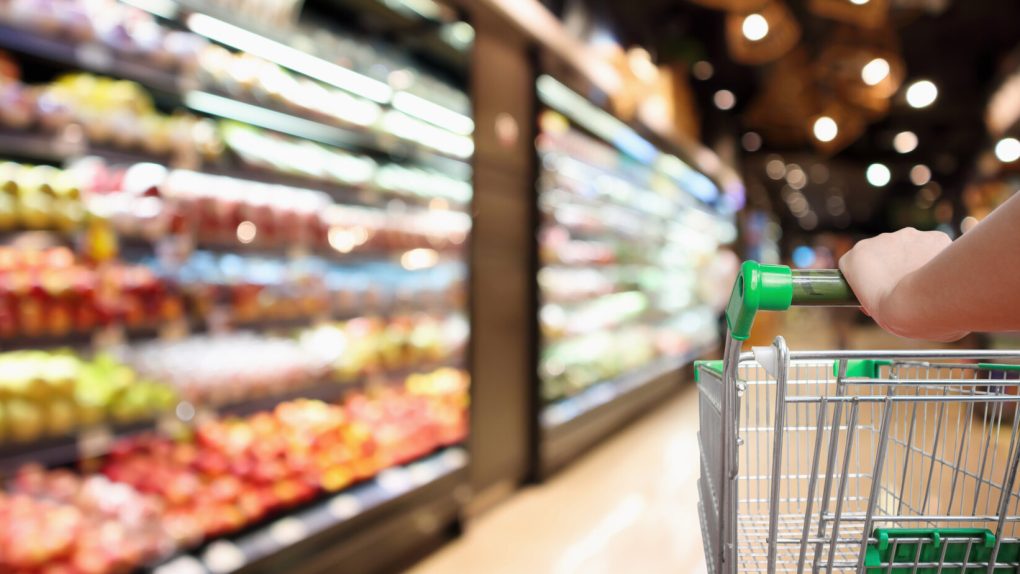I need to make my latest weekly trip to the grocery store later today, and it’s gotten to the point where that phrase is actually a misnomer for me. Because of the supply chain disruptions and all of the other pandemic-inspired complications we’re living through, I don’t make grocery store runs anymore. I make trips to multiple stores as part of a single run — specifically, to a backup store and even a Plan C store, if need be.
According to a report last month from a firm called Resilinc, supply chain disruptions soared almost 90% by the end of 2021. Per The Associated Press, meanwhile, the Omicron Covid variant is still hampering some product availability in grocery stores — as is a shortage of truck drivers. And bad weather, like we’ve had here in Memphis where I live (and which caused power outages for tens of thousands of people). The larger point, though: This is just a weird time, a reality illuminated by the grocery store experience, of all things.
Grocery store shortages
Further underscoring all this, CNN posted a story online in recent days about how even people’s backup stores are dealing with product shortages. Personally, I see this over and over again and have for few weeks now. There’s a very specific brand of milk I buy, for example, that my primary store almost never has anymore. And I tend to have to turn to one or at most two backups to get my hands on it.
With all this in mind, the publication Eat This Not That recently polled Resilinc founder and CEO Bindiya Vakil, as well as Carl Marks Advisors partner and middle-market advisor Keith Daniels, about what product categories shoppers might run into trouble with. In terms of intermittent supply shortages.
They include:
- Some plastic- and aluminum-based goods, like canned drinks
- as well as dairy products, including milk. Which, by the way, it’s interesting to note the expiration date of products like this. There have been a smattering of reports on social media that the expiration dates of milk and similar items has seemed to be sooner and sooner. As if to say, this is a function of supply chains still backlogged, to a degree.
- And there are wheat/corn/soybean-based items, including bread, pasta, and cereal. The distruptions there include everything from weather-related interruptions to other myriad production issues.
Empty shelves

The experts also listed meat and coffee, meanwhile, as other areas where shoppers might not see what they want as often as they want on grocery store shelves.
Finally, potatoes and champagne.
The good news, if you can call it that? The shortages aren’t uniform or widespread. Some people’s stores will seem perfectly normal. Others might be hit with mild product shortages, while the situation is worse elsewhere. “The reality is, in-stock percentages are normally around 95%,” Daniels told the publication. “Even before COVID, there were products that might sell out. Now, it’s a little under 90%.”
Bottom line: This will have to be accepted, for now. Everything won’t always be in stock, to the extent that you’re used to. But alternatives are available, and you have options, nevertheless.







